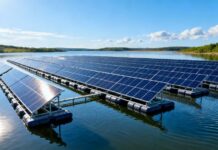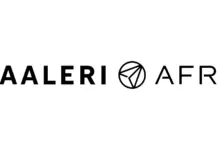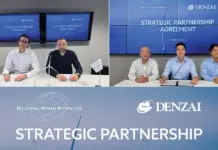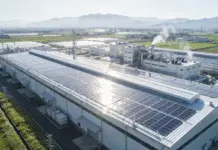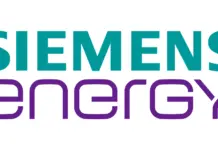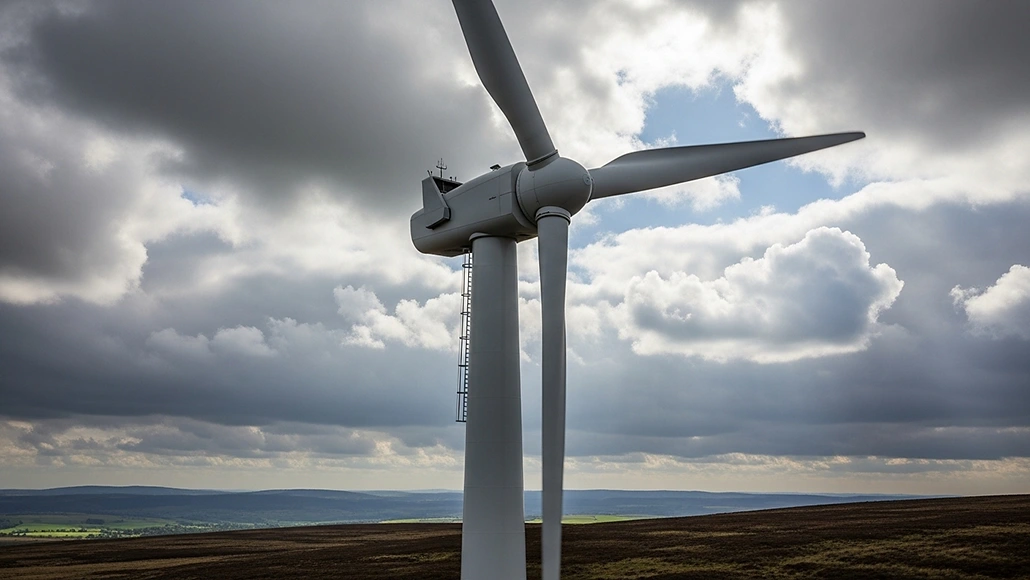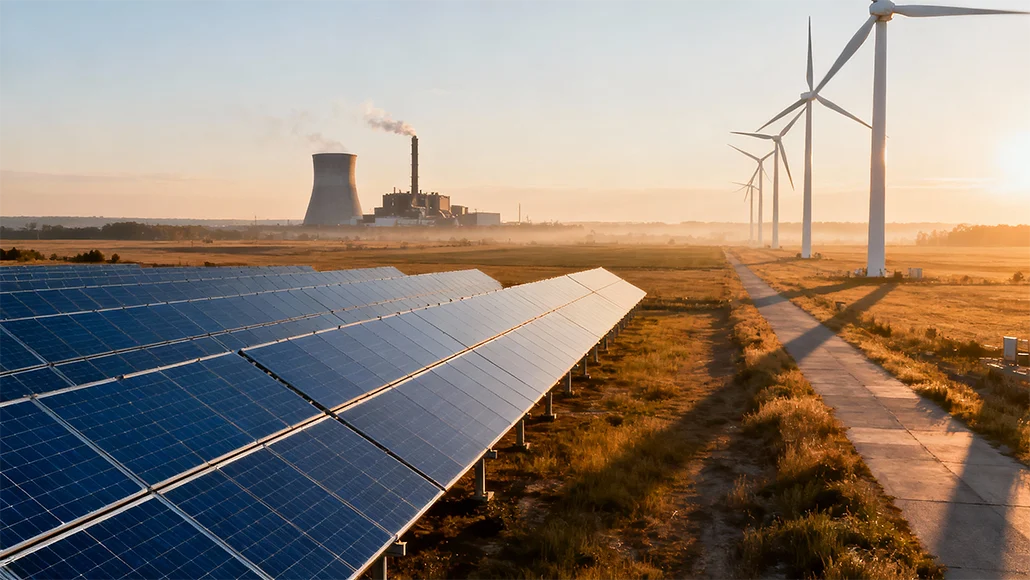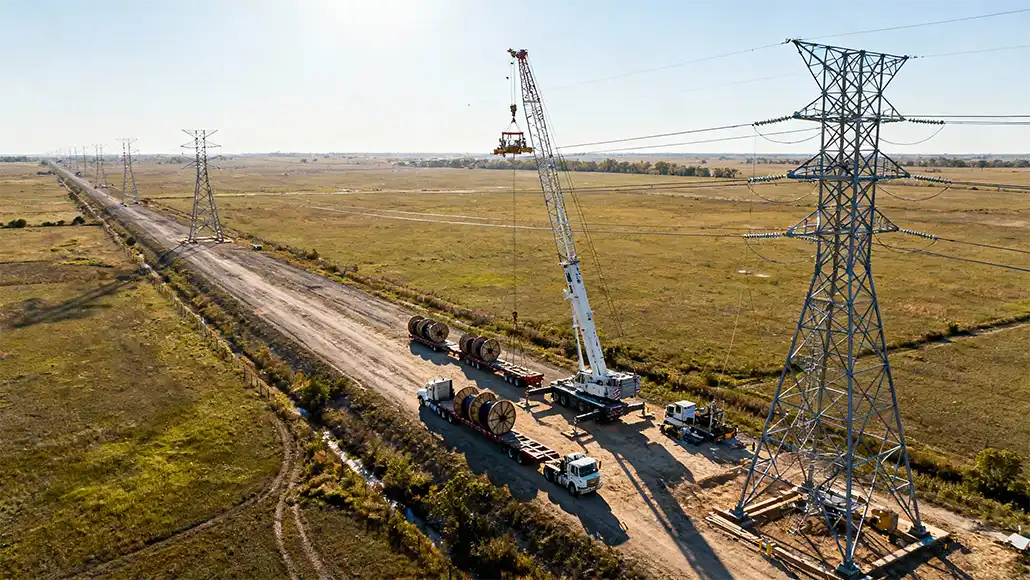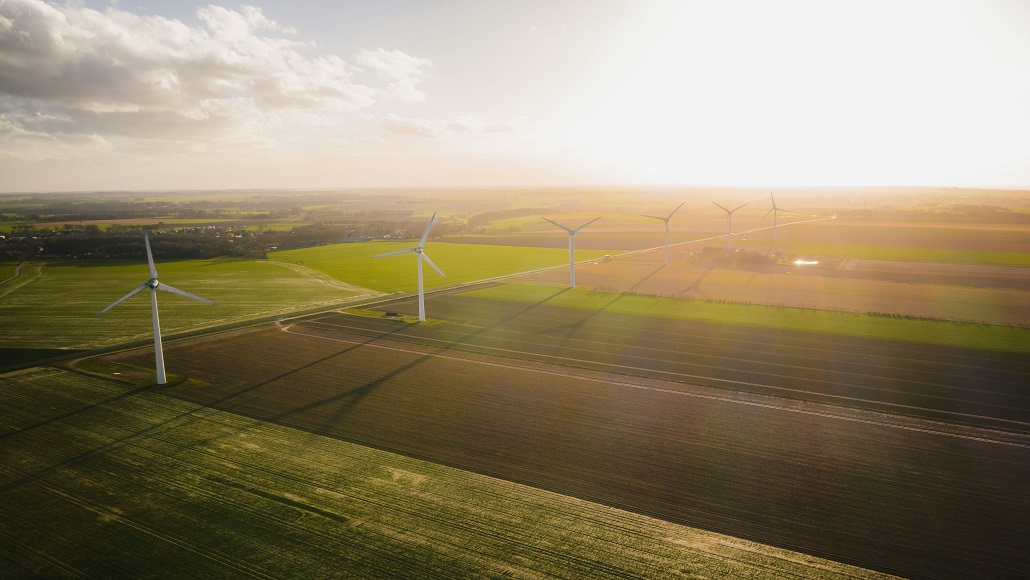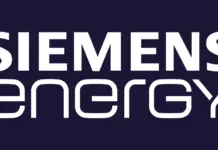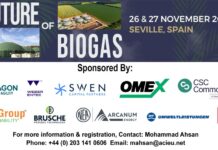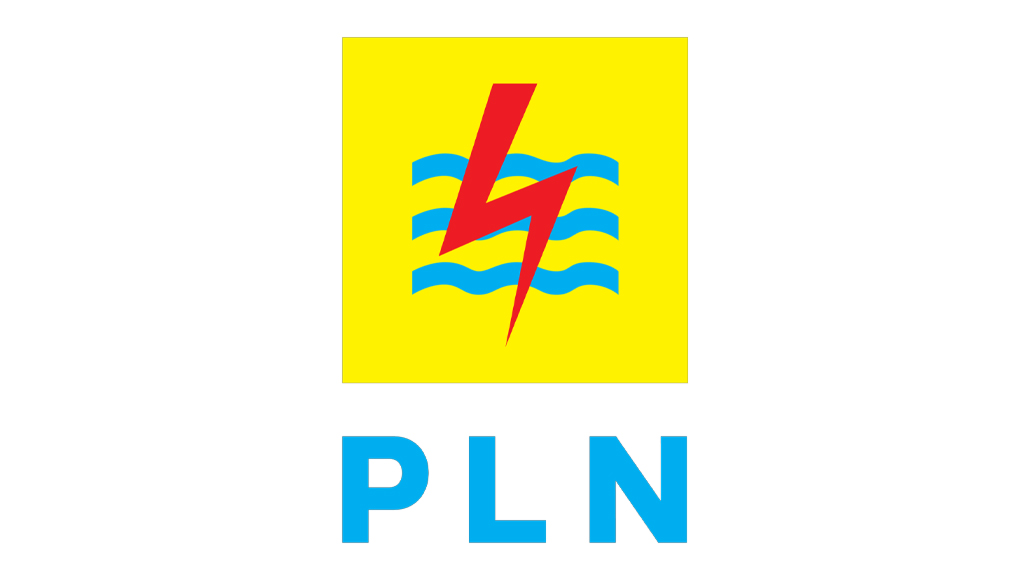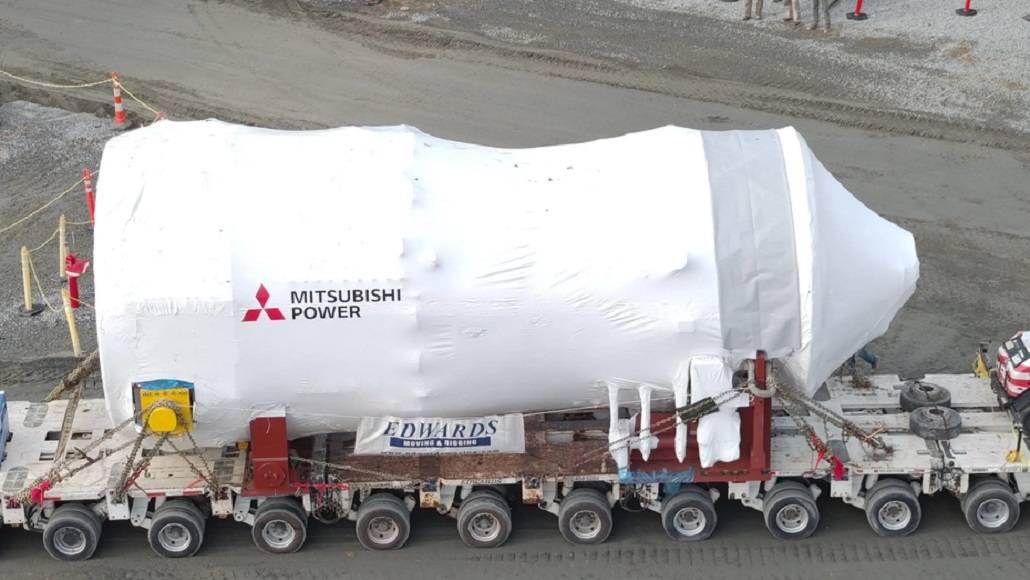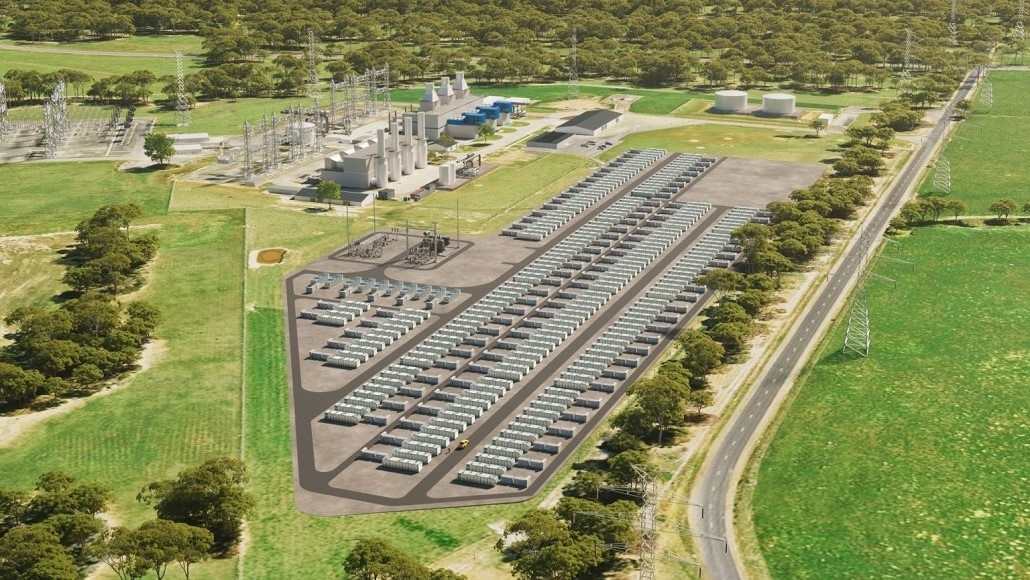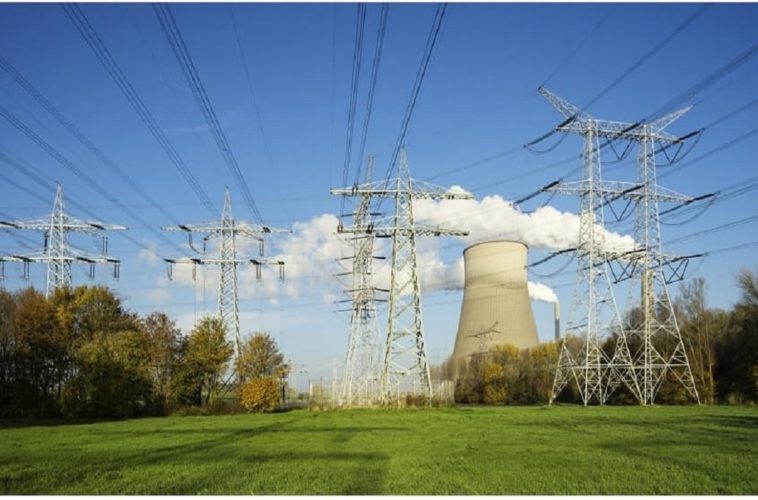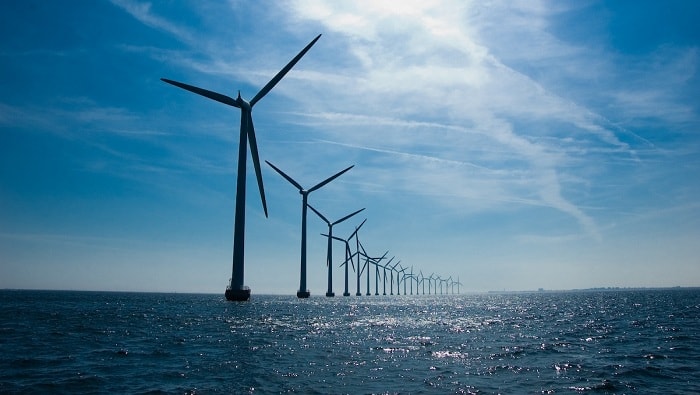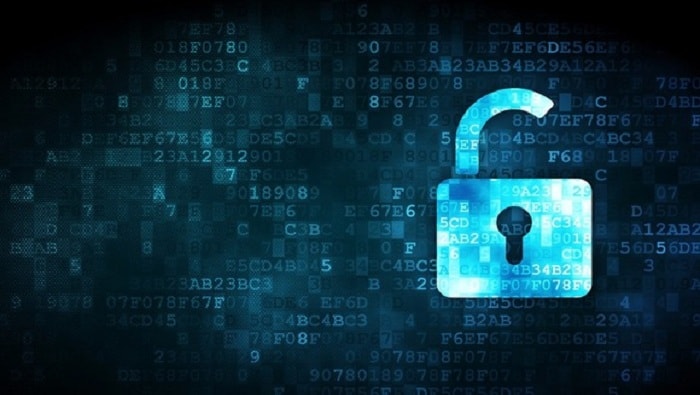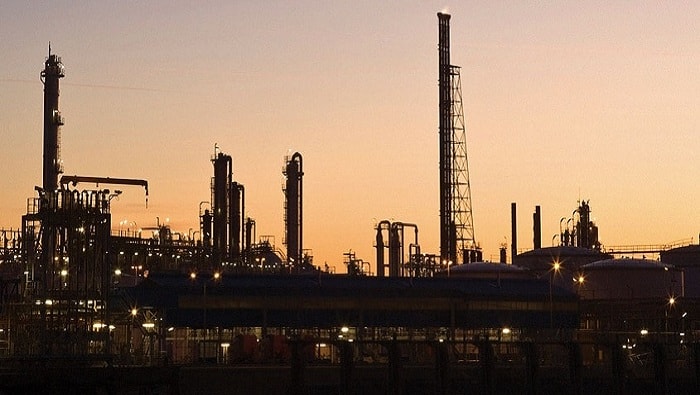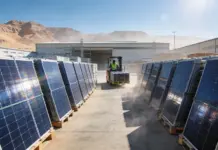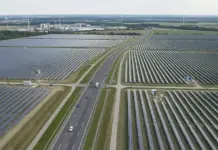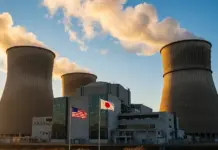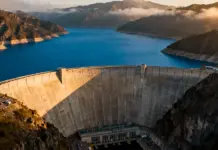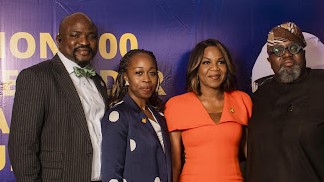The Federal Ministry of Power and the Federal Ministry of Finance are working with Sustainable Energy for All (SEforALL) to convene a high-level Stakeholder Engagement Forum. This aims to demonstrate strong national leadership in making energy more accessible. The main goal of the meeting is to talk about how to put the National Energy Compact into effect as part of the Mission 300 project. The Nigerian government runs this conference, which is a big step towards getting more people access to electricity.
Nigeria is working with other African countries to attain the ambitious aim of providing energy to 300 million people throughout Africa by 2030. The African Development Bank and the World Bank Group support Mission 300. The Rockefeller Foundation, the Global Energy Alliance for People and Planet (GEAPP), and SEforALL are among the entities that are aiding it.
Nigeria is one of the first twelve countries to be picked for Mission 300. It has vowed to make substantial reforms to bring in private sector investment, make energy more affordable, and utilise more renewable energy. The forum is a strategy to convince people to support Nigeria’s $32.8 billion investment goal for Mission 300. It is expected that the business sector will provide $15.5 billion of that amount.
The government has created a high-level Compact Delivery and Monitoring Unit to oversee and control the achievement of Mission 300 aims. This is to help this project go ahead.
The Stakeholder Forum will bring together high-level government officials, development partners, and private sector leaders to talk about progress and show off implementation efforts for Nigeria’s National Energy Compact. The Compact Delivery and Monitoring Unit will do this. The Compact was launched at the Dar es Salaam Energy Summit in January 2025. This will assist people to work together and bring in money.
The Compact sets clear, achievable goals: doubling the annual growth rate of energy availability from 4% to 9% and increasing access to clean cooking choices from 22% to 25% each year. Nigeria is committed to making sure everyone has access to power by 2030 and making the energy investment environment more stable and focused on results.
The event is all about the six key aims of Nigeria’s Energy Compact, which are supposed to bring in money and transform the market:
- Rebuilding and extending infrastructure to create a bankable pipeline of grid and off-grid projects via the least expensive planning and building technical skills.
2. Last-Mile Access might help businesses grow by supplying energy to locations that don’t have it now.
3. Clean Cooking is a campaign that tells people to utilise clean cooking techniques instead of traditional biomass fuels.
4. Utilities that are doing well financially could assist improve creditworthiness and bring in more money for the electrical business.
5. Private sector involvement via clear incentives, strategies to lower risk, and policies that make it simpler to conduct business.
6. Regional integration to make it simpler for individuals to invest in other countries and trade power.
Speaking ahead of the forum, the Honourable Minister of Power reaffirmed the Federal Government’s commitment, “Mission 300 is more than an initiative – it is a transformative opportunity to reshape Nigeria’s energy future. We are committed to working with our partners to ensure affordable, reliable, and sustainable electricity for all Nigerians and we invite all stakeholders across government, development, private sector, and civil society to join this critical initiative to build an inclusive and resilient energy sector for Nigeria.”
“Nigeria is showing real leadership in driving forward the ambition of Mission 300. Its progress shows what is possible when political will, bold reforms, and clear, investment-ready targets come together. The African Development Bank is proud to stand with Nigeria to help translate this ambition into reality, mobilizing funding, strengthening institutions, and unlocking private capital to ensure millions more gain access to reliable, affordable, and sustainable electricity.” Said Wale Shonibare, Director, Energy Financial Solutions, Policy and Regulation, African Development Bank.
“Much of what’s driving Mission 300 started here in Nigeria, from reforms to the Nigeria Electrification Project. Nigeria is showing what’s possible at scale and speed. But without power, the country risks losing $11 billion in economic growth each year without access to electricity. The good news is change is already happening. From launching Africa’s first costed Energy Transition Plan to building the world’s largest energy access results-based financing programme, Nigeria is proving that African-led solutions can power the future.” Noted Damilola Ogunbiyi, CEO and Special Representative of the UN Secretary-General for Sustainable Energy for All, and Co-Chair of UN-Energy.




